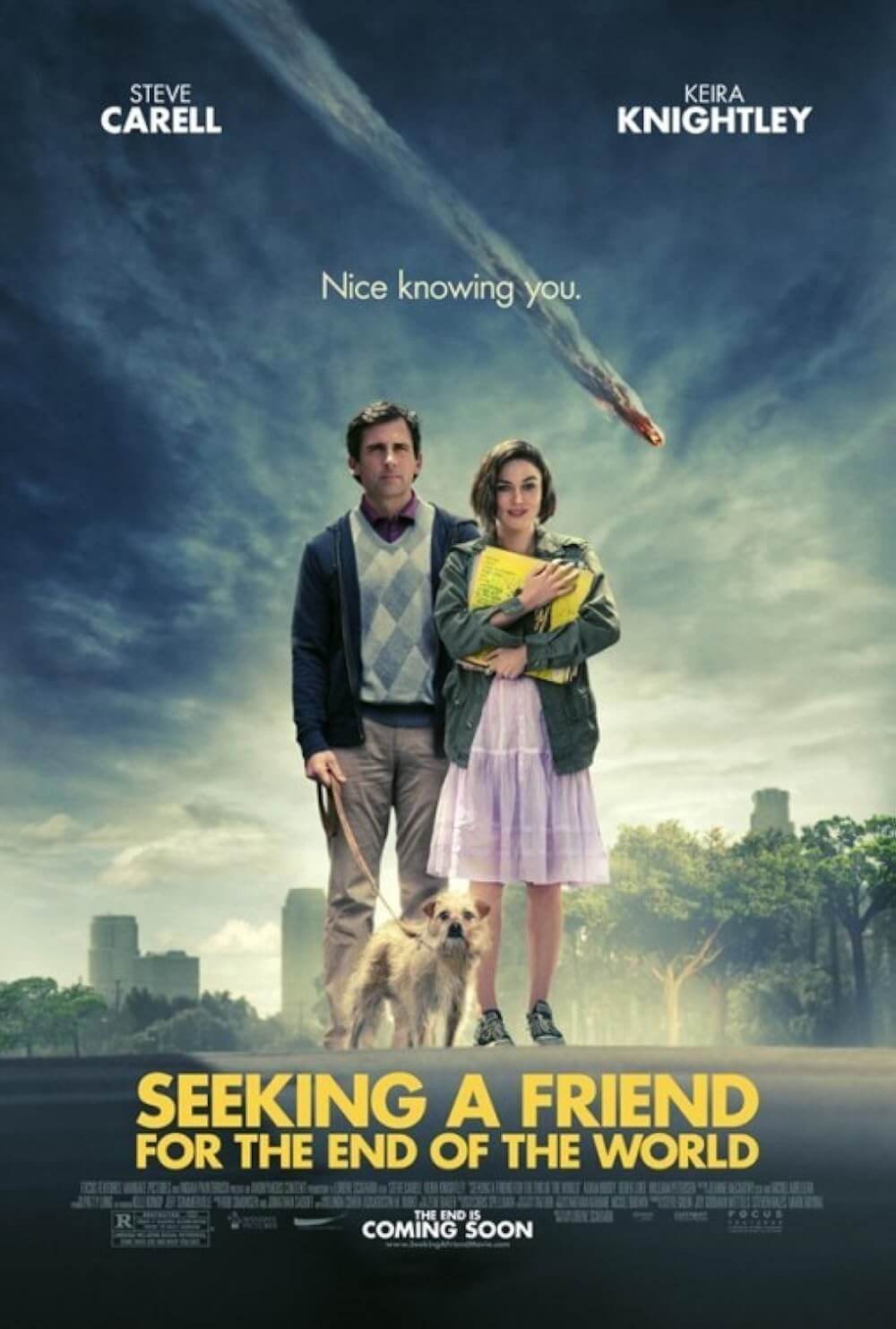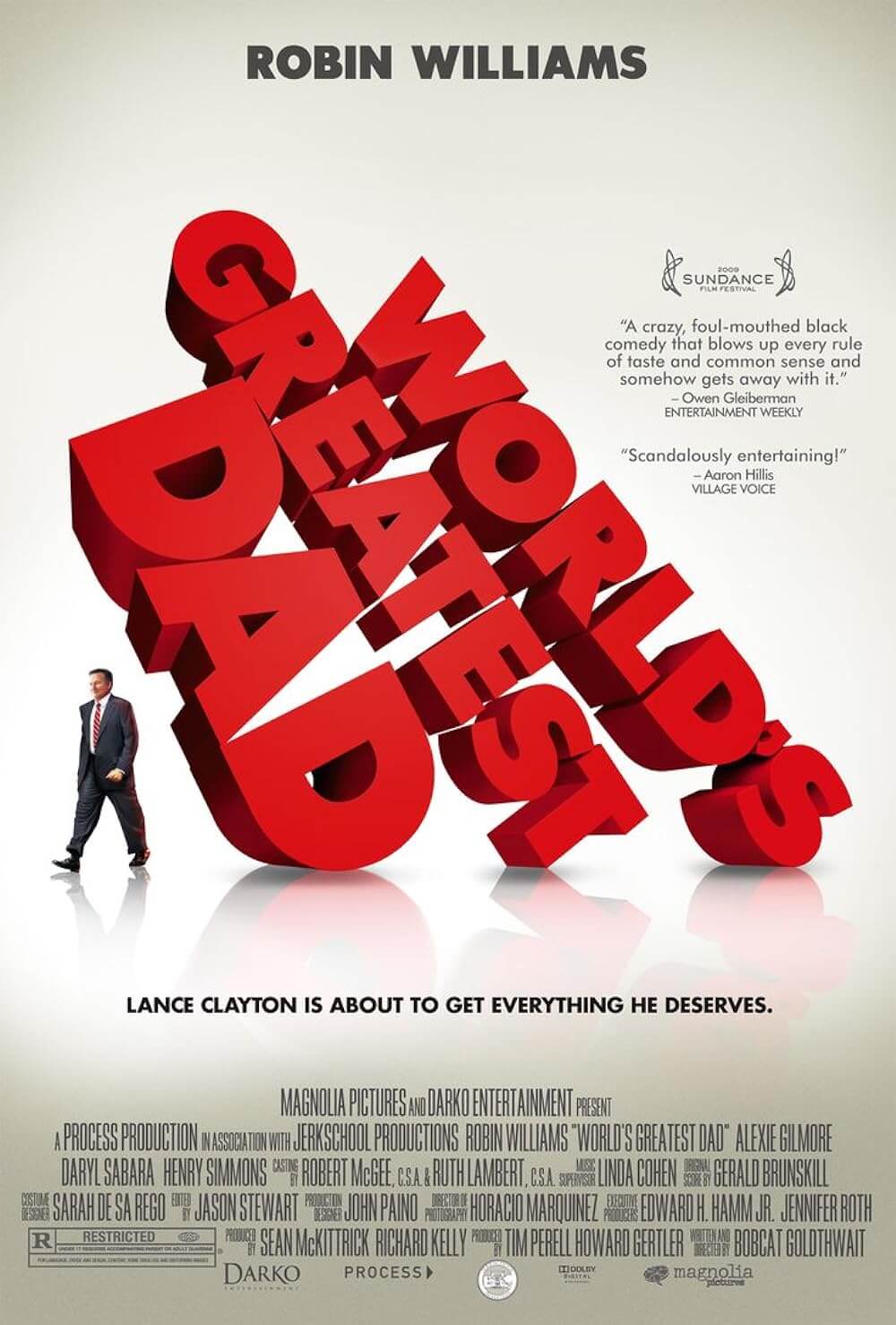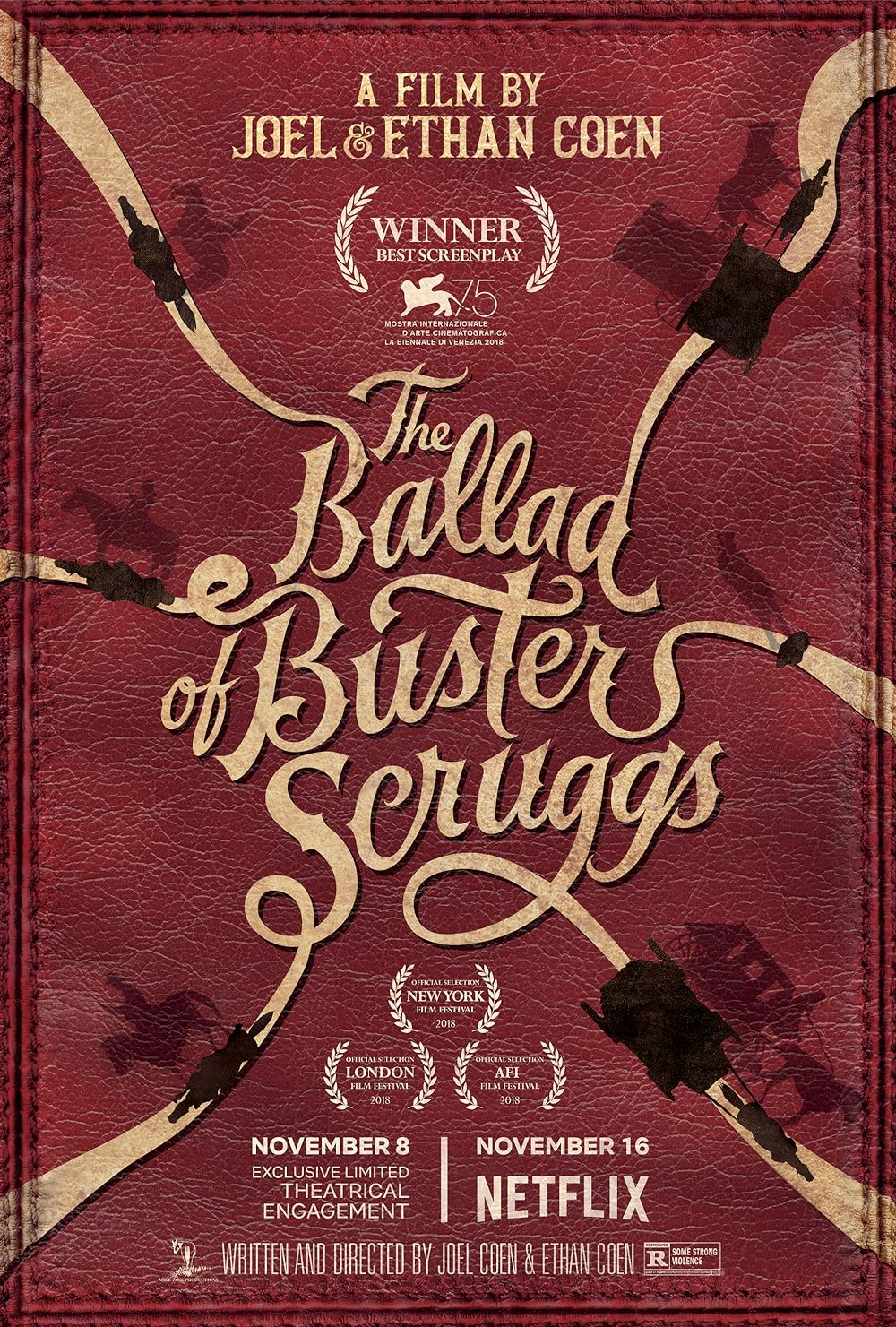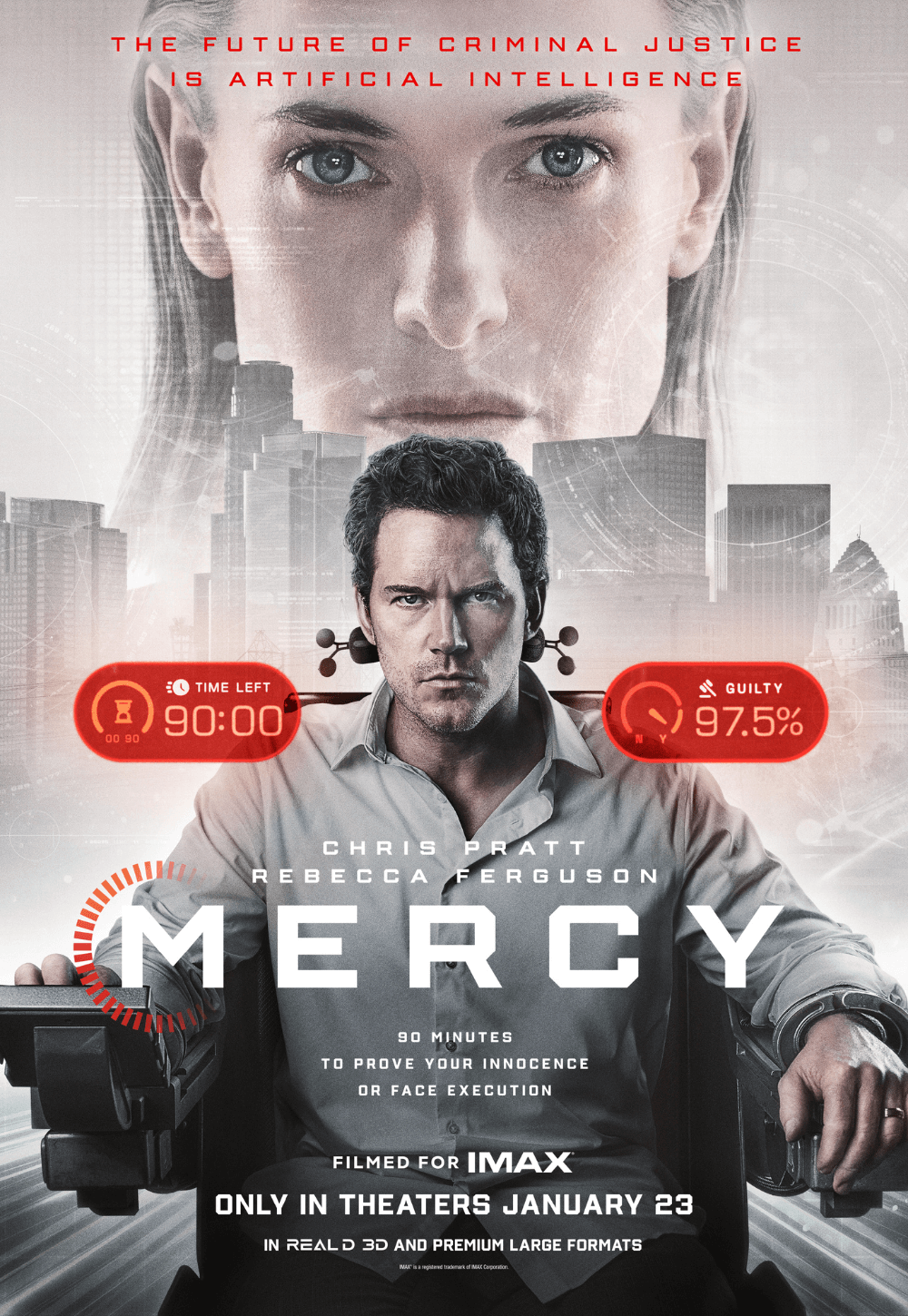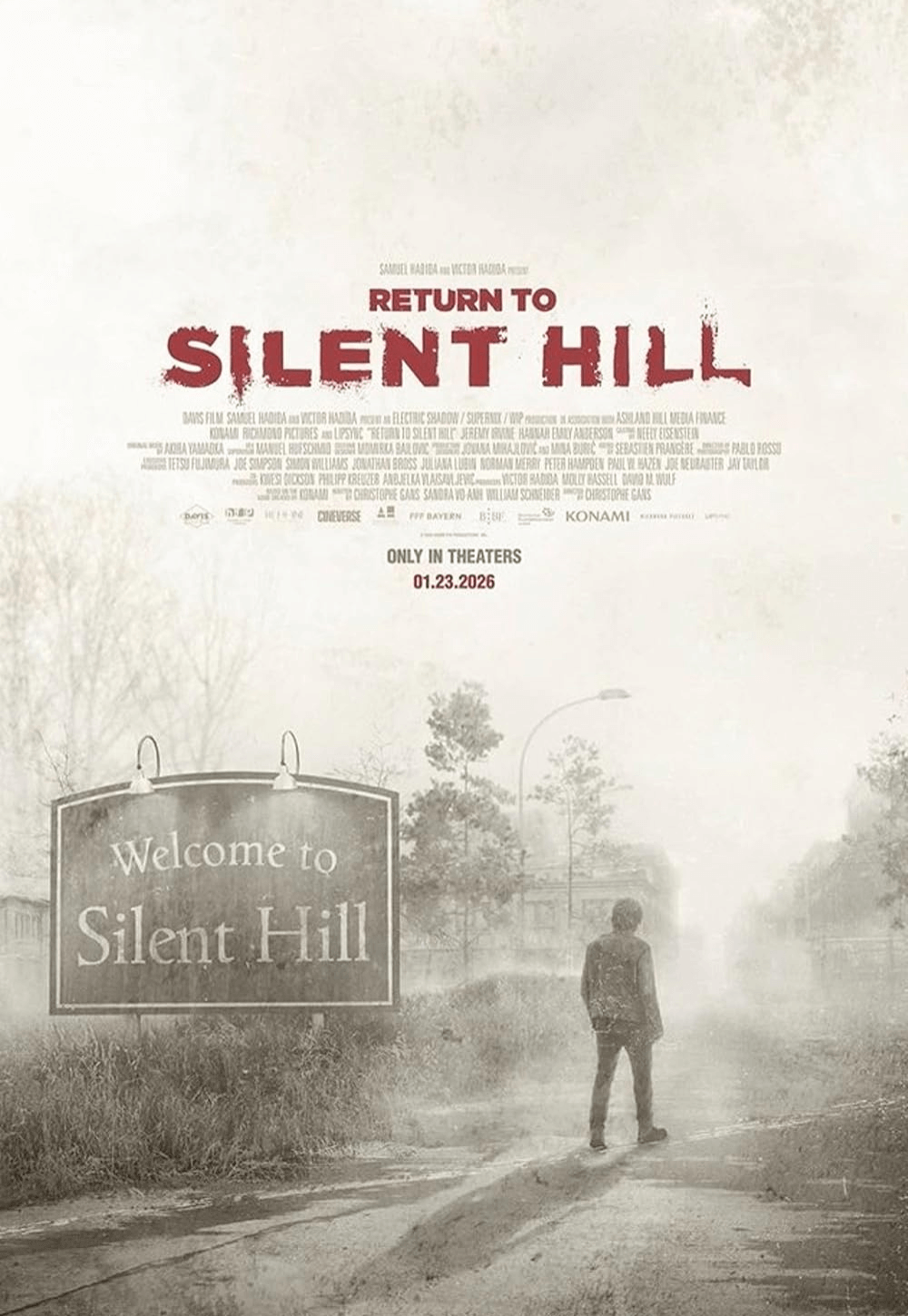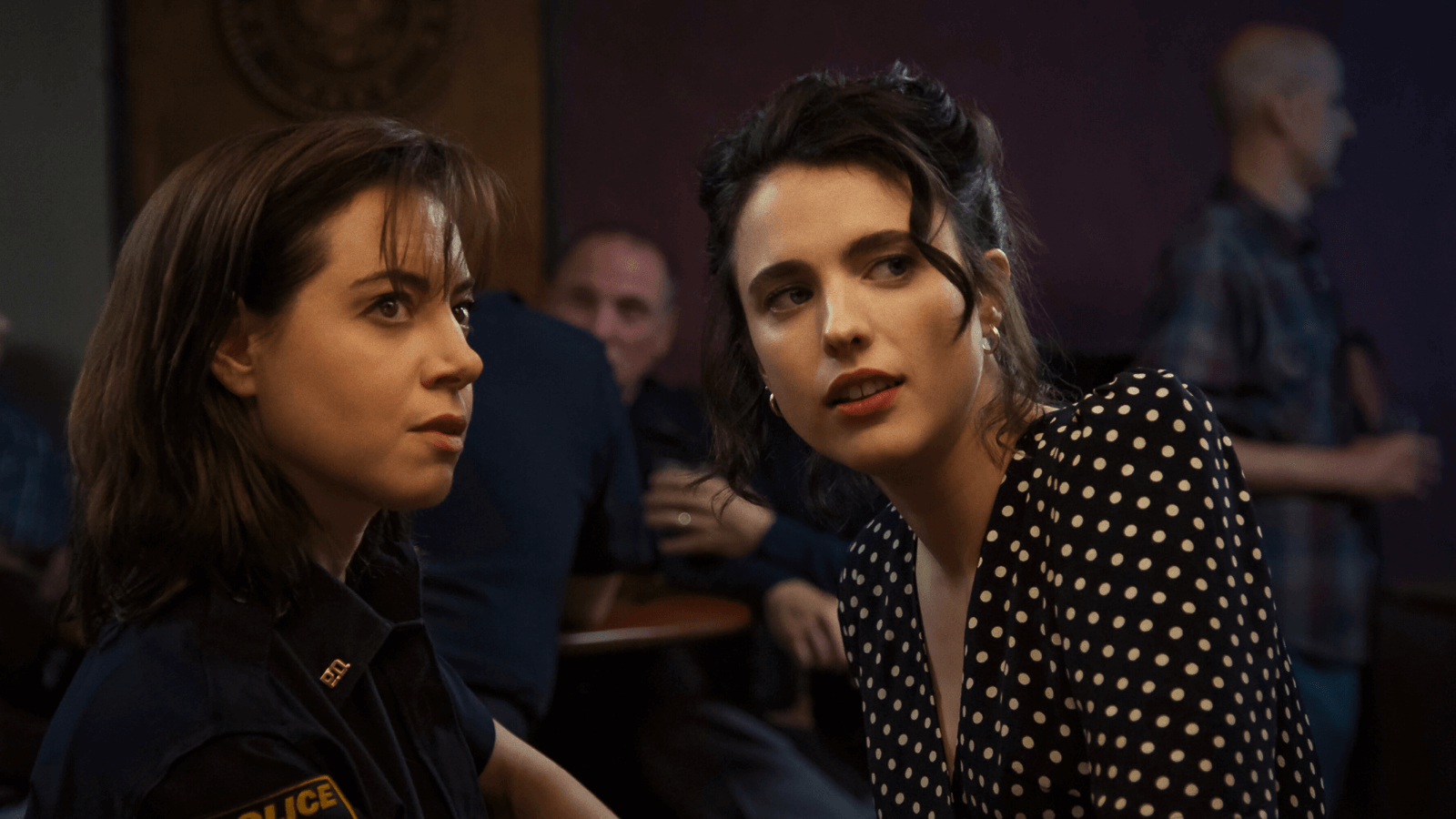
Honey Don’t!
By Brian Eggert |
A hard-boiled, sexed-up, comic-crime romp, Honey Don’t! marks the second installment in Ethan Coen and Tricia Cooke’s so-called lesbian B-movie trilogy. What comes next after last year’s Drive-Away Dolls and this film has yet to be announced. For now, what’s evident is that Coen and Cooke—who married in 1993, though she identifies as a lesbian and describes their marriage as unconventional—are having fun playing in a salacious sandbox of familiar genre beats and lurid humor. Without the philosophical underpinnings and admirably oppressive cynicism often found in the films Ethan makes with his brother Joel, Honey Don’t! spouts a similarly bleak statement about a world that no longer has a moral code, where any search for understanding leads to more questions. That’s a familiar theme for the Coen brothers, and while this Coen-Cooke effort shares this worldview with both No Country for Old Men (2007) and The Ladykillers (2004), it’s much closer in tone to the latter’s goofy stylings—albeit far raunchier and bluer.
A mild improvement over the last Coen-Cooke collaboration, the movie maintains a level of fun that keeps the viewer occupied from moment to moment. And before you know it, the 89-minute runtime has passed without much consequence. Coen, the credited solo director and co-writer alongside Cooke, once again casts Margaret Qualley. She plays hard-nosed private detective Honey O’Donahue, the resident Philip Marlowe whose small agency in Bakersfield, California, investigates the usual smattering of cheating spouses and missing persons. Qualley’s performance recalls Jennifer Jason Leigh’s Rosalind Russell-esque turn in the Coens’ The Hudsucker Proxy (1994), insofar as she adopts specific classic Hollywood mannerisms. Qualley goes for a Lauren Bacall type here, playing a tough woman in heels, red lipstick, and breezy attire who might be an anachronism if not for her collection of dildos and anal beads, maintained for use with her Rolodex of one-night stands.
Both her 1940s noir mannerisms and unrestrained queer sexuality make Honey stand out in the backward Bakersfield, a dusty little town surveyed in the title sequence, where the credits appear superimposed on the rundown building signs. It’s all set to a song by The Animals with the resonant chorus: “We gotta get out of this place, if it’s the last thing we ever do […] Girl, there’s a better life for me and you.” But Honey has no designs on abandoning Bakersfield for a more progressive home; instead, she unofficially investigates the death of a young woman, enduring the come-ons of the resident detective, Marty Metakawich (Charlie Day). No matter how many times Honey tells him, “I like girls,” the dope doesn’t get it. “You always say that,” he laughs obliviously. But then, few men understand Honey’s tastes, aside from perhaps Billy Eichner’s character, who enlists Honey to follow his cheating husband.
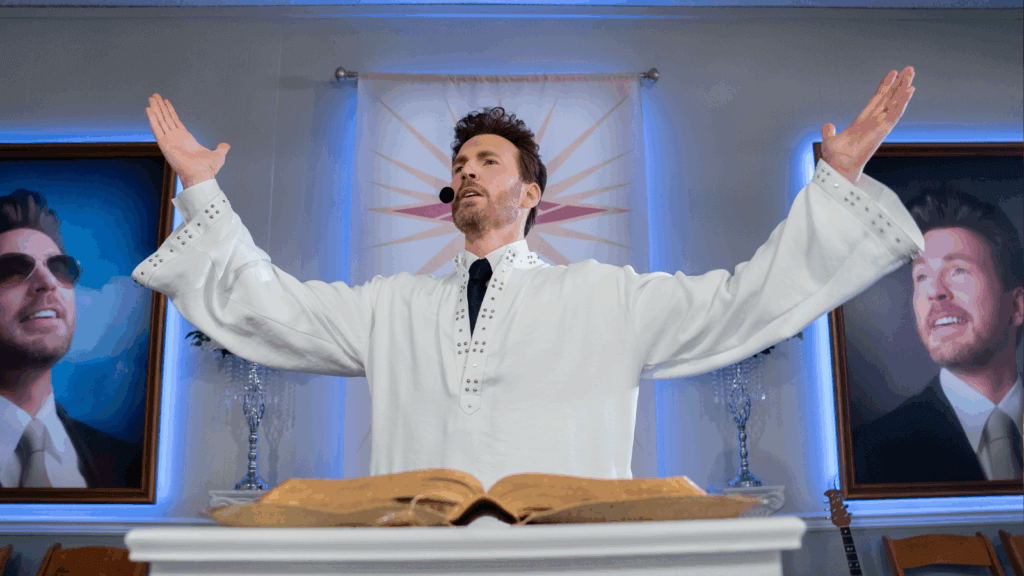
Honey’s investigation reveals that the dead woman and unfaithful husband have connections to the Four-Way Temple, run by an unabashed high-energy perv, Reverend Drew Devlin (Chris Evans). When he’s not spouting nonsense (“We are not macaroni!”) to his flock, Drew manipulates his female followers for sex. At the same time, his dim-witted goons sell French drugs to Bakersfield’s exploitable population. Abusive and predatory men such as Devlin, especially father figures, run rampant in Honey Don’t!, including Honey’s long-absent father (Kale Browne), who spooks Honey’s niece (Talia Ryder) at her job selling hot dogs at Wiener Heaven. Honey also forms a connection with a cop (Aubrey Plaza) who works in the evidence room at the police station and was scarred by her domineering father. In the end, Honey Don’t! is less about catching the killer—an assassin named Cher (Lera Abova) who cleans up Devlin’s mess for her French bosses—than delivering due justice to men who hurt women. Even the climactic sequence considers how women hurt by men sometimes adopt that behavior in their relationships with other women.
Honey Don’t! is the sort of movie that studio executives worry will upset people in the Midwest. Indeed, after my screening in Minnesota, attended by members of the press and some regular moviegoers, I heard one woman complain that she had been subjected to “soft-core porn.” Sure, there’s a lot of sex in the movie, but little of it attempts to arouse or tantalize. A hint of irony or comic absurdity resides beneath most displays, along with an unapologetic embrace of rollicking horniness. If it’s provocative at all—and that’s a big “if”—it has more to do with the comic timing of the scenes. Cooke and co-editor Emily Denker burst into mid-coital moments often for shock-value laughter, in the same way they depict bloody violence as grisly but funny. The movie, at times, feels like the product of a teenager who’s fed up with being a social outsider and wants to elicit a reaction from the viewer.
Formally, Honey Don’t! has the same unfussy execution as Drive-Away Dolls, both shot by cinematographer Ari Wegner with a playful but unexceptional visual style. The score by Coen regular Carter Burwell adds a hint of melancholy. Still, most of the movie plays like a screwball comedy made in the post-Tarantino crime movie boom of the 1990s, replete with genre character tropes (hired guns, drug dealers, dumb crooks, et al.) who often appear for one of two scenes only to die horribly or otherwise disappear from the movie. This is broad stuff, echoed by not one subtle performance in the cast: Qualley, Evans, and Plaza all seem to be winking through their lines. And while this reviewer yearns for Joel and Ethan to reunite—their solo work has been disappointing—this is a mostly enjoyable and diverting experience that fades from the mind once the end credits roll.
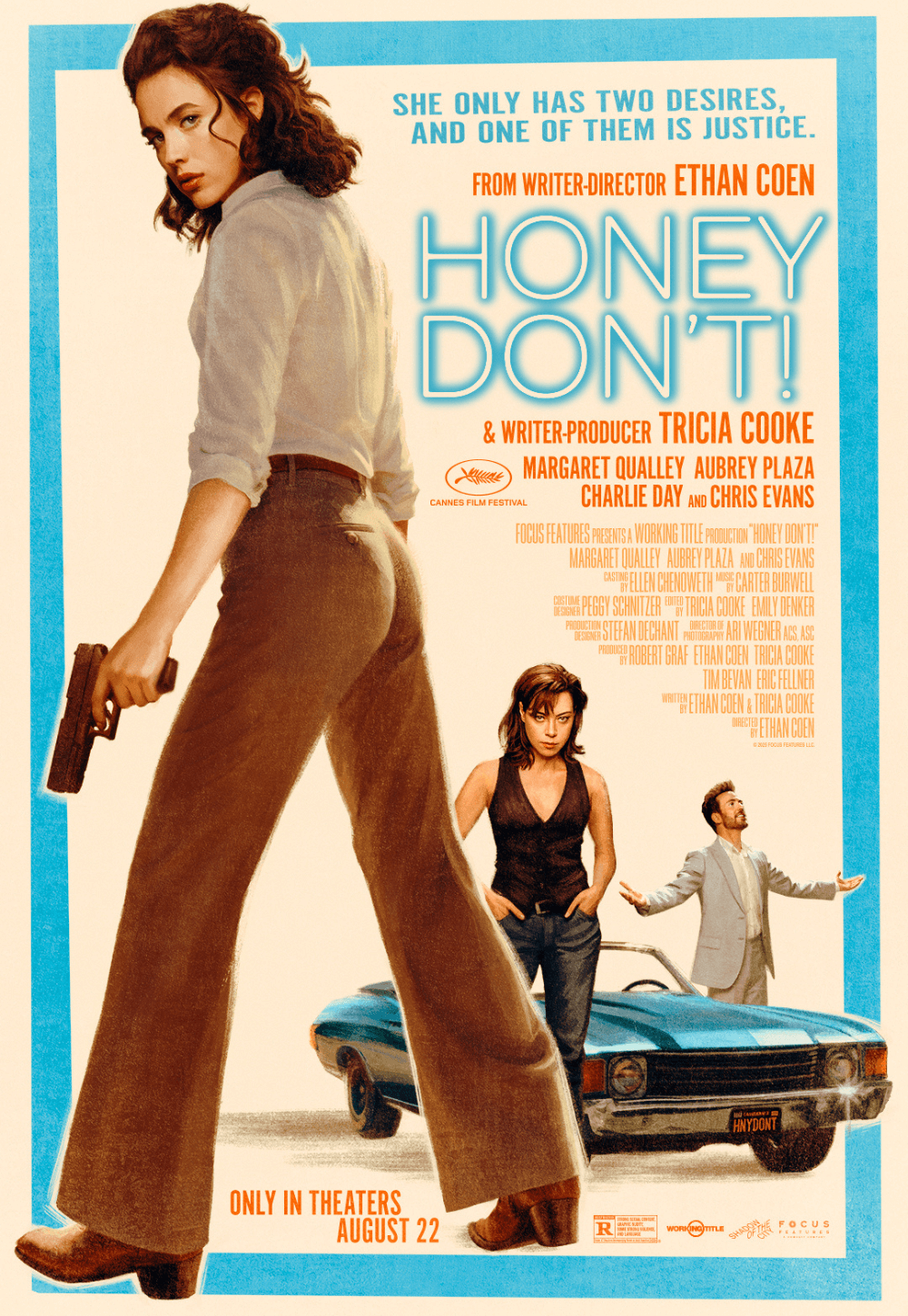
Thank You for Supporting Independent Film Criticism
If the work on DFR has added something meaningful to your love of movies, please consider supporting it.
Here are a few ways to show your support: make a one-time donation, join DFR’s Patreon for access to exclusive writing, or show your support in other ways.
Your contribution helps keep this site running independently. However you choose to support the site, please know that it’s appreciated.
Thank you for reading, and for making this work possible.
Brian Eggert | Critic, Founder
Deep Focus Review


